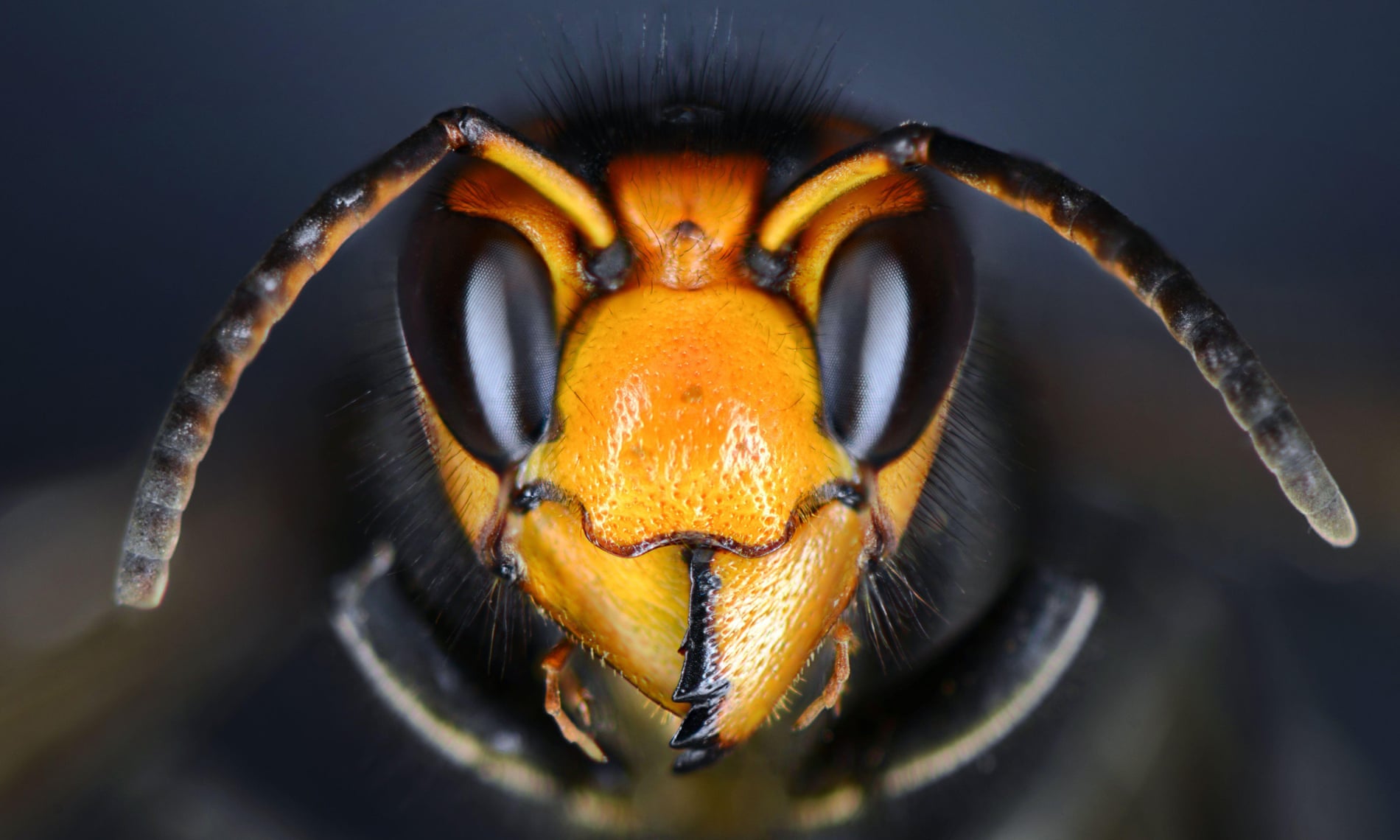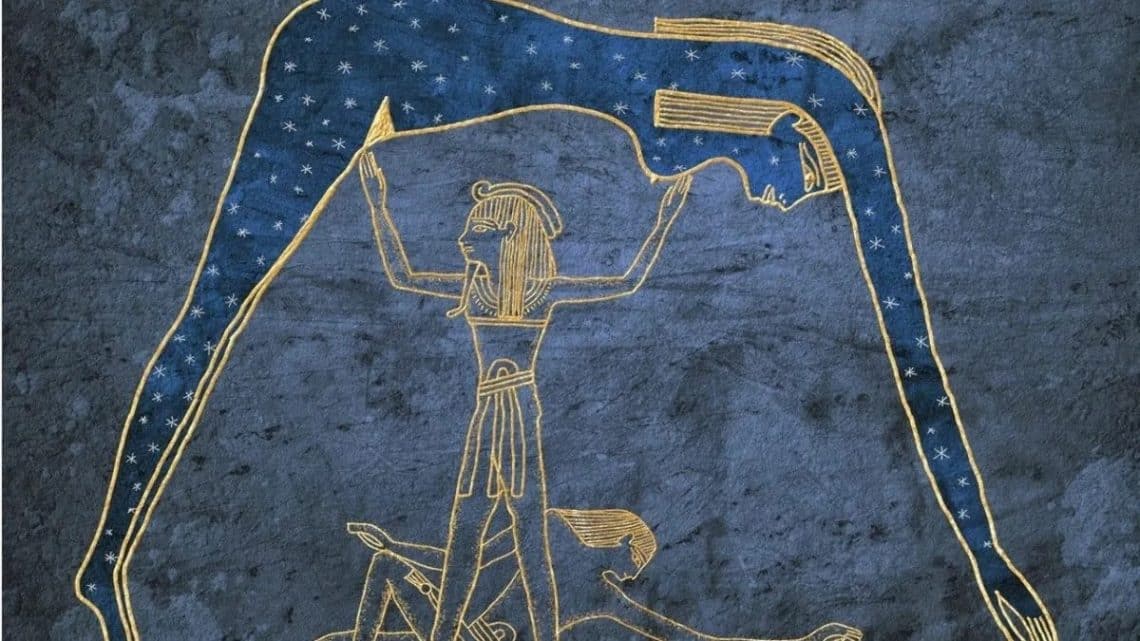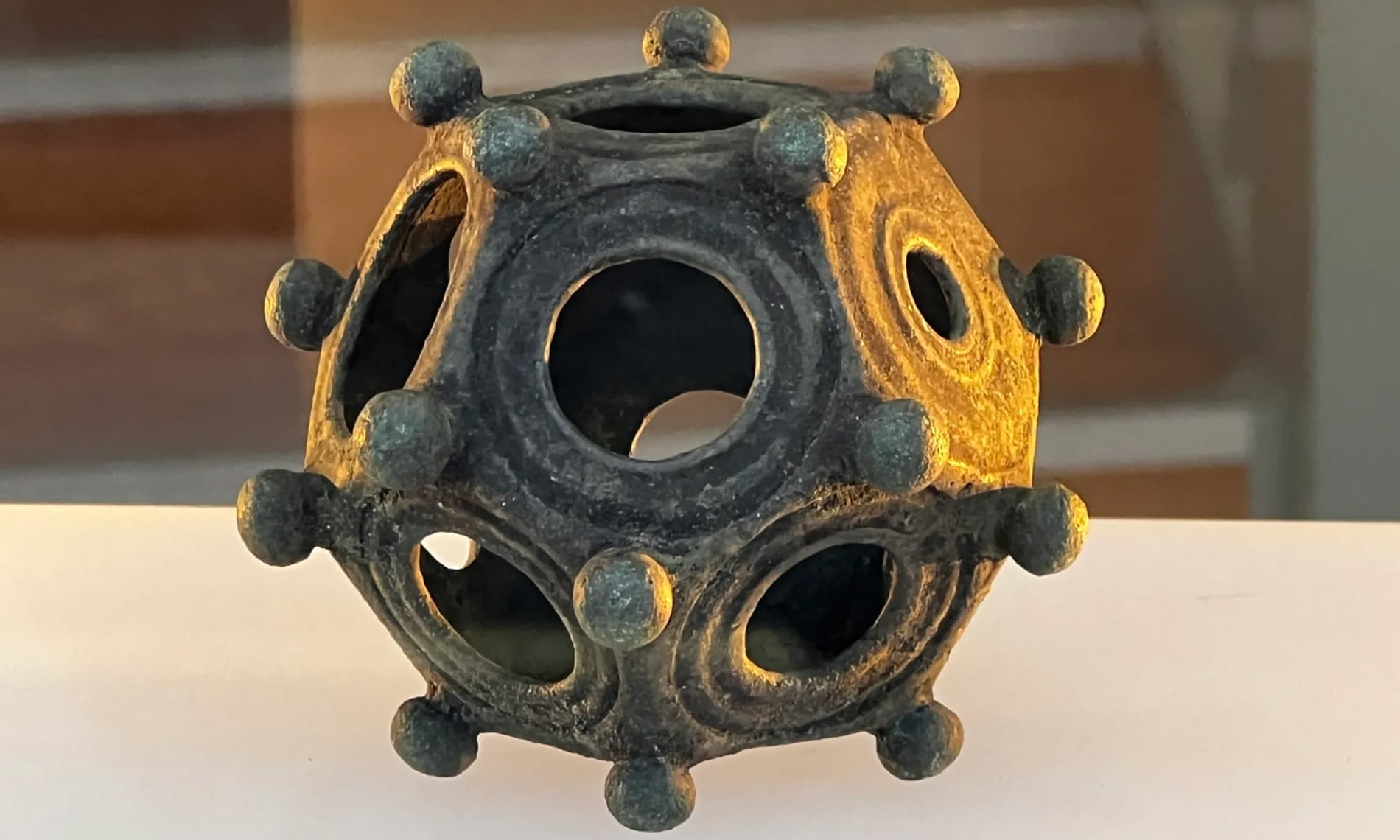Behold, this month’s collection of links to items you may have missed. Let’s dive straight in as there’s quite a bit of science-y stuff this month.
Science, Technology, Natural World
Astronomers have been seeking the so-called Planet 9 for decades, but still can’t even agree that it is likely to exist.
Deep within Earth there are two giant mystery blobs. What do we know about them?
We all happily talk about the average this or the average that, but what do we mean by average, and why isn’t it always, well, average?
Now to the animal kingdom …
Many animals, including our pets, have a third eyelid, so why don’t we?
Try to get your head round this … Alan Turing’s pattern-generating mechanism for spots and stripes on animal coats; and how the mechanism is modified. [LONG READ]
Despite their size, gorillas have extremely small penises, and it turns out that the genetic mutations which cause this may also help human male fertility.

Scientists have been investigating the vocalisations of sperm whales for years, and some now think that they may be the elements of a language, with dialects.
A new to Britain exotic jumping spider has been found in Cornwall, and it isn’t the only one.
And on the subject of foreign arrivals, the Guardian has a sensible and thoughtful piece about the invasive Asian Yellow-Legged Hornet (Vespa velutina) which has invaded continental Europe and is trying to get a foothold in the UK. [LONG READ]
Here’s the BBC article which triggered my recent blog post on these hornets.
STOP PRESS: The Asian Yellow-Legged Hornet has now been discovered in a southern state of USA (Georgia to be precise)!

Still with wasps … It seems that many parasitic wasps have tamed viruses so they can use them to help subdue their prey. [LONG READ]
From hornets to their forest home … there’s a theory that trees are social and communicate with each other across the “wood wide web” of fungal filaments. But it is only a theory and some are arguing it is fantasy. [LONG READ]
Treat with extreme care … Bloodroot (Sanguinaria canadensis) is quite a pretty American Spring flower. But don’t go messing with it as the roots contain a blood red alkaloid, sanguinarine, which will shut down and kill any cells it comes in contact with, and more.
We all contain vestiges of our evolutionary past like goose bumps, extra nipples and the ability to waggle our ears. [££££]
Which brings us to several items about Neanderthals …
So what is the difference between Neanderthals and Homo sapiens? We interbred so there can’t be a lot, right?
There’s still debate about Neanderthals ability to talk.
Some aspects of our health seem to depend on DNA we inherited from Neanderthals.
And most weirdly, apparently the Neanderthal Y chromosome (which codes for male) has been lost, suggesting that human/Neanderthal hybrid males were infertile (in some form).
Health, Medicine
So is the menopause like puberty in reverse? Well, yes, and then again no. [LONG READ]
Most of us guzzle diet drinks and other low calorie goodies, but research is now indicating that the sweeteners are actually harmful to our gut and its microbes.
Archaeological research is now suggesting that (red) squirrels were instrumental is spreading leprosy and transmitting it to humans.
Sexuality
What is the art of lasting sexual connections?
History, Archaeology, Anthropology

One astrophysicist has been exploring the connection between the Milk Way and Nut, the ancient Egyptian Sky Goddess.
There’s a rare and very strange, apparently Roman, object (below) which was found at Norton Disney, Lincolnshire. The trouble is no-one knows what it is, or was used for, and there are a number of theories.

A 1,700-year-old Roman shipwreck found on the coast at Mallorca was loaded with fish sauce when it sank.
We know there was a thriving, early medieval Norse colony in Greenland, but why did it suddenly vanish in the 13th century?
On fake medieval devices for torture and sex.
So what was going on in London during the English Civil War (January 1642 to April 1646). [LONG READ]
London
Specifically now to modern London … London’s Royal Parks have their own plant nursery in the middle of Hyde Park, and IanVisits went to look.
Lifestyle, Personal Development, Beliefs
Bhutan, the Dragon Kingdom, strictly limits visitors in order to protect its environment and heritage. But what is it like when you do go there?

Kate Lister asks how you know when you’re in love, and when you’re falling out of it. [££££]
A growing number of women are choosing to not have children. Here some tell what that’s like.
And finally on one of my hobbyhorses … the need to normalise and desexualise nudity if we are to achieve a well balanced society.
